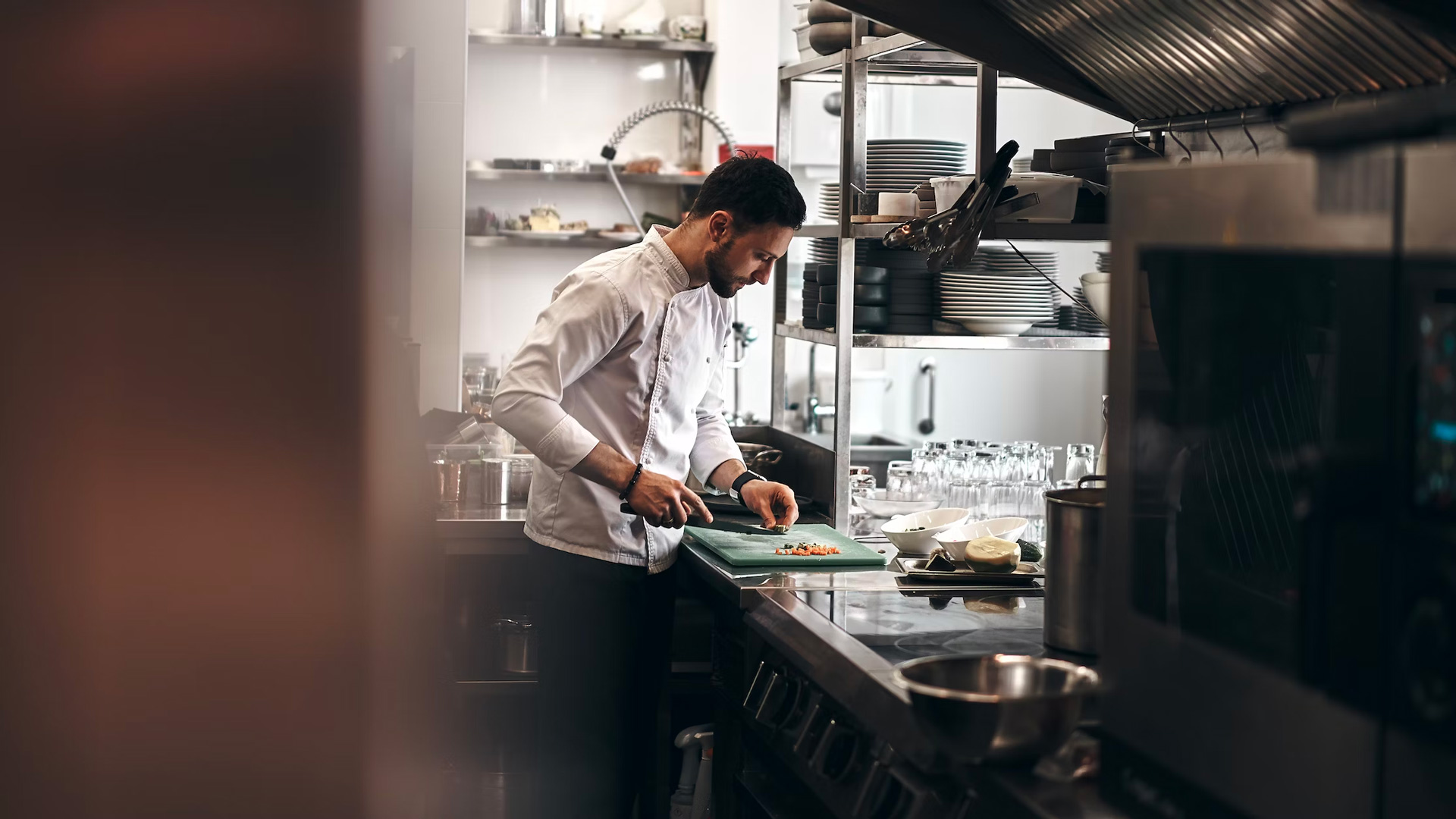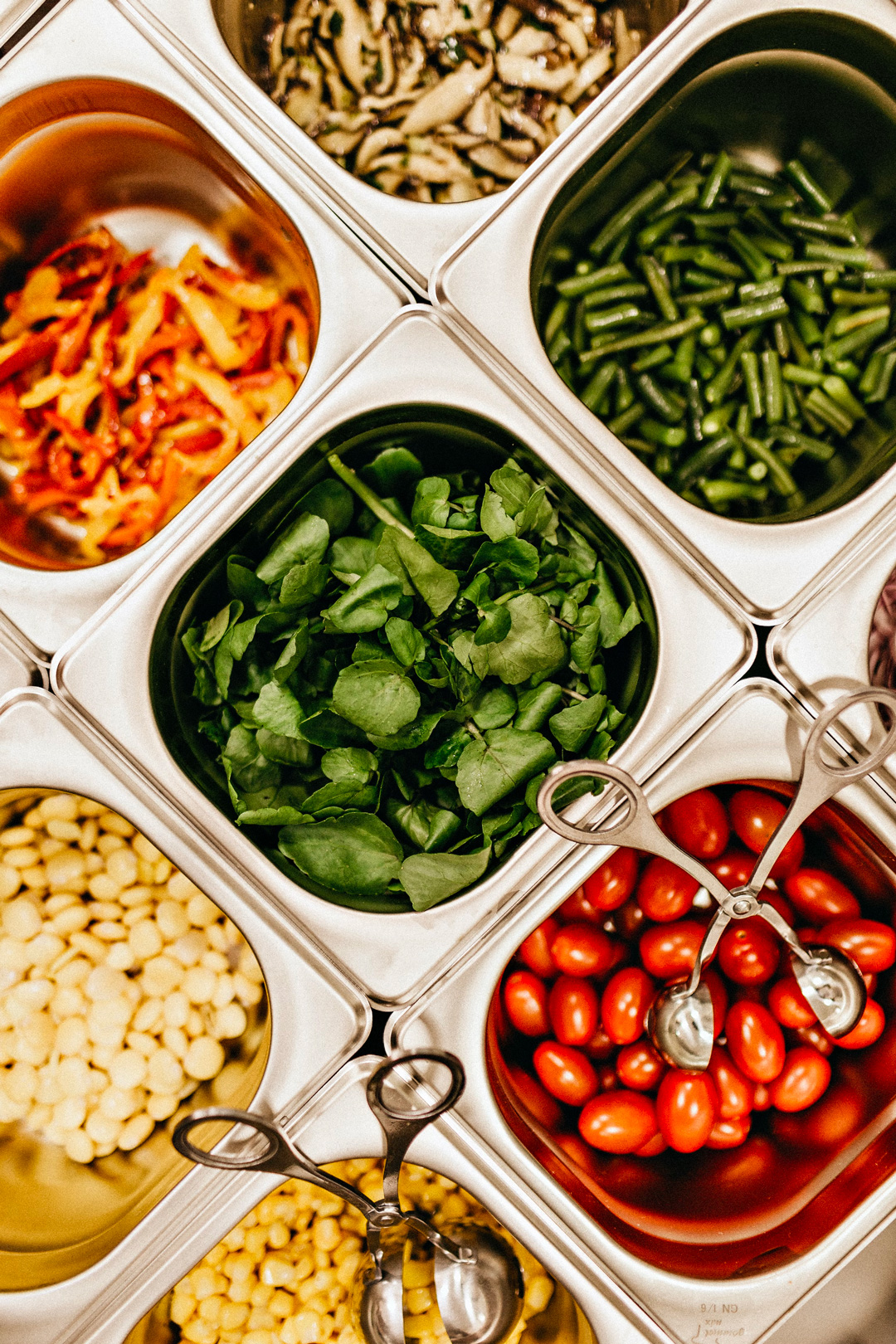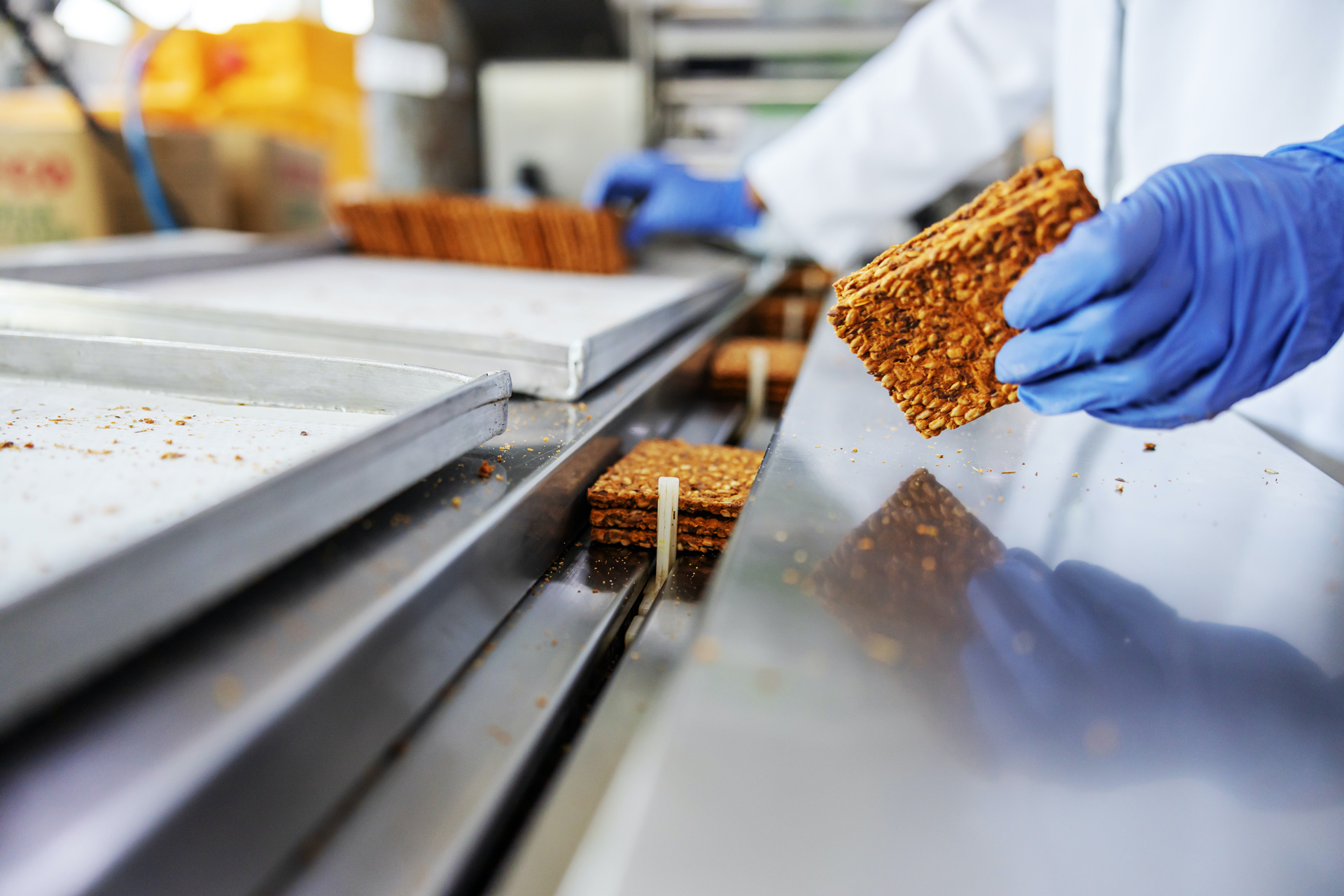Professional
cooking
cooking
Professionals around the world rely on Capic's precision technology to bring out the best in their kitchens. Our French expertise is the hallmark of our innovative, high-performance, and durable solutions.
Since 1955
Capic, the human side of excellence
Capic is one of the world's leading manufacturers of top-of-the-range cooking equipment for kitchen and food industry professionals.
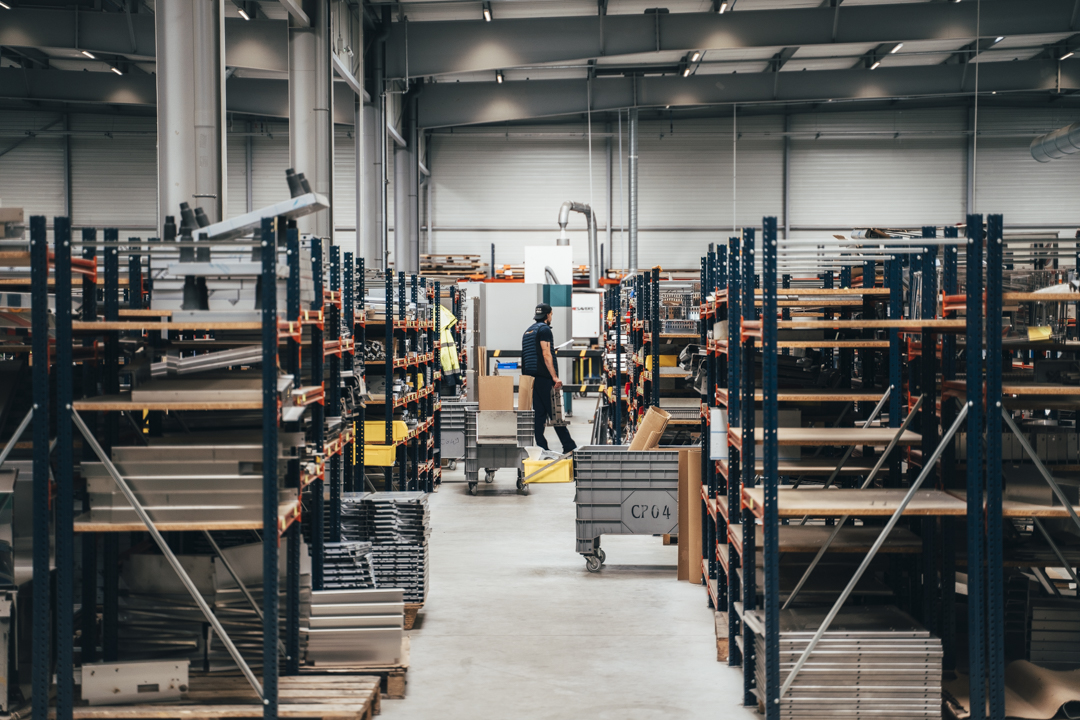
At Capic, technical expertise and exceptional service go hand in hand
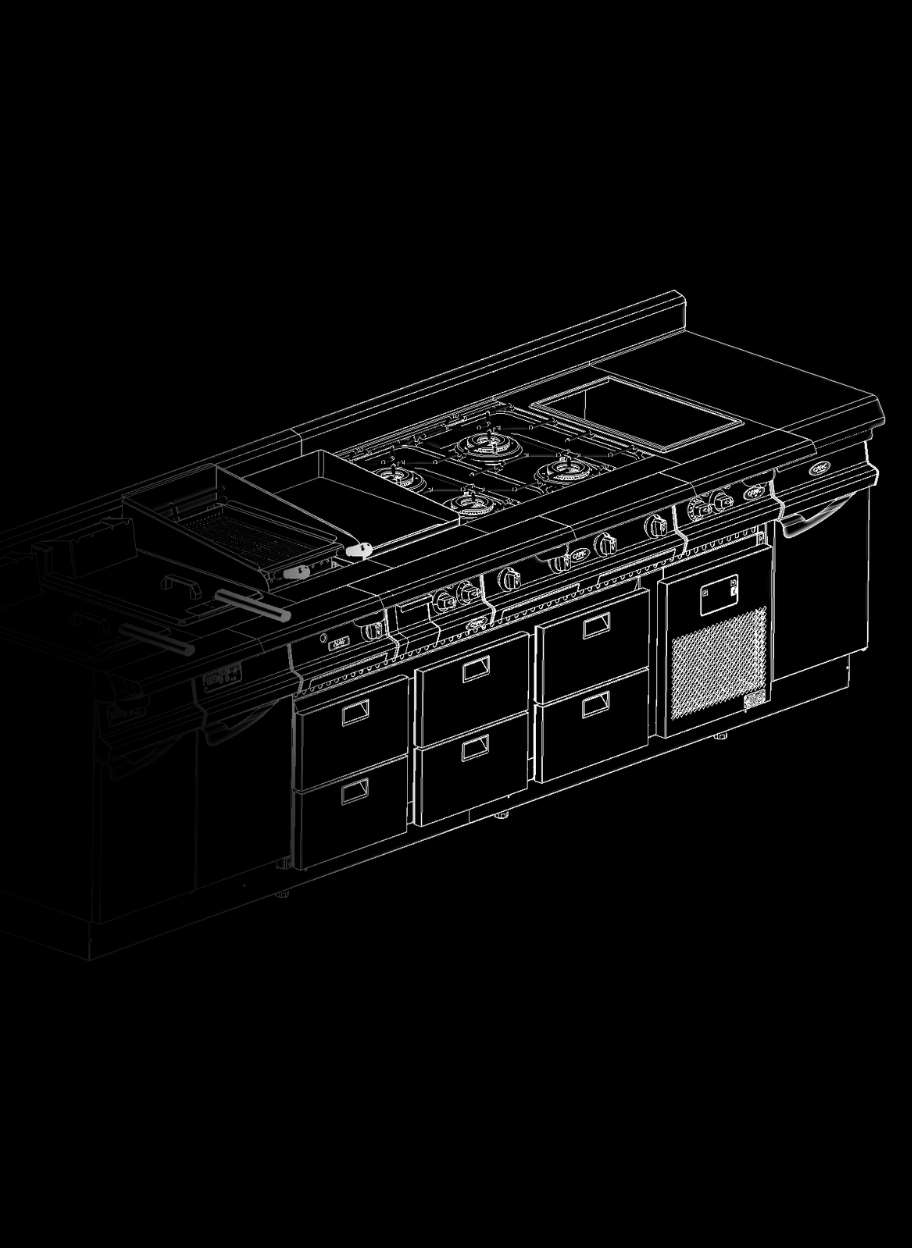
Design office
Designers, engineers and technicians combine high technology, functionality and ergonomics to create the best cooking solutions for you.
AFTER-SALES SERVICECapic remains at your side, even after your purchase.
Advice videosDiscover our Capic tutorial videos on how to maintain your Kitchen.
Commitments




 Access a world of excellence
Access a world of excellence
Capic's commitments
Access a world of excellence"Over 65 years of expertise"
"Made in France"
"Products guaranteed for 2 years"
"A network of over 300 partners worldwide"

"Holder of the Living Heritage Company Label"





